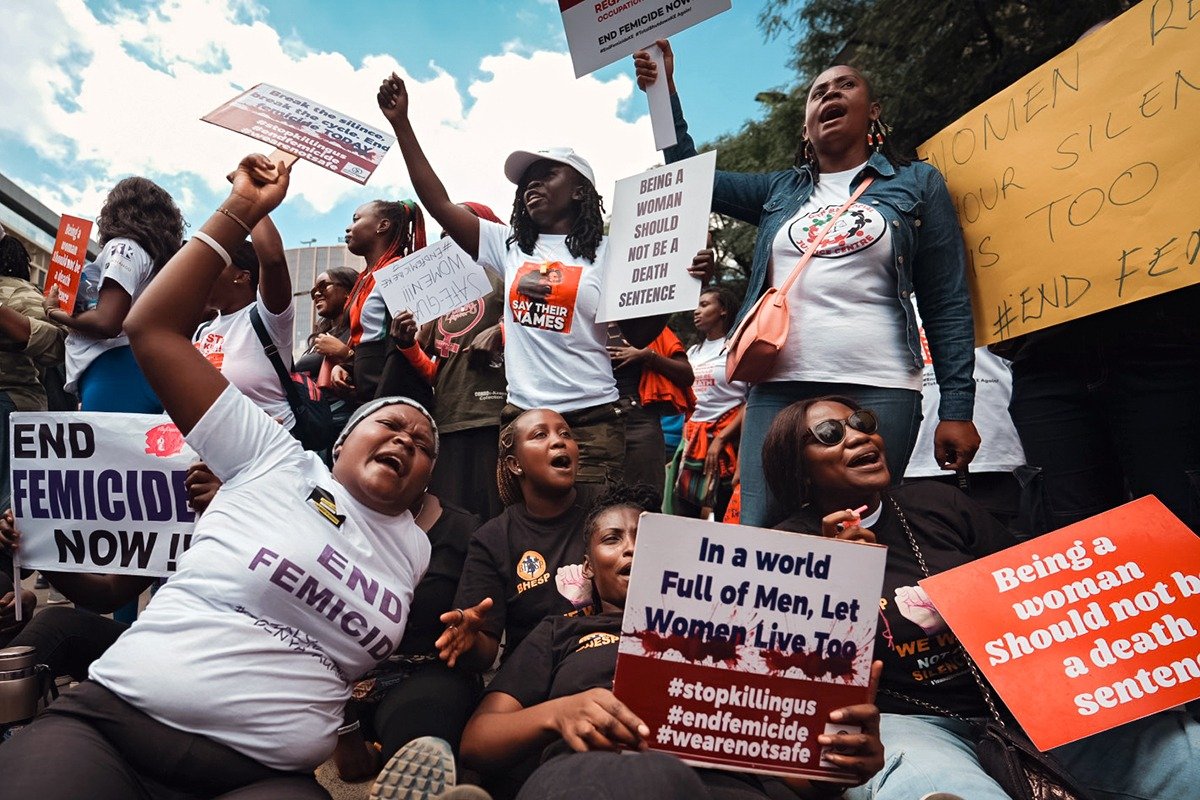
Domestic violence is a global issue that affects millions of people, regardless of their gender, age, or socioeconomic status. Unfortunately, Kenya is not exempt from this pervasive problem. Behind closed doors, many individuals suffer in silence, enduring physical, emotional, and psychological abuse at the hands of their partners. These disturbing stories of domestic violence in Kenya shed light on the urgent need for awareness, prevention, and support for survivors.
The Hidden Reality
Domestic violence in Kenya often remains hidden due to cultural norms, fear, and societal stigma. Victims, predominantly women, may feel trapped and unable to escape their abusive relationships. The fear of judgment, rejection, or retaliation often prevents them from seeking help. Moreover, economic dependence, lack of legal protection, and limited access to support services further exacerbate their vulnerability.
Types of Abuse
Domestic violence encompasses various forms of abuse, including physical, sexual, emotional, and economic. Physical abuse involves acts of violence such as hitting, slapping, or kicking, while sexual abuse involves non-consensual sexual acts. Emotional abuse includes intimidation, humiliation, and constant belittlement, while economic abuse involves controlling finances and restricting access to resources.
Stories of Survival
Behind the statistics are real people with harrowing stories of survival. One survivor, Jane, endured years of physical and emotional abuse from her husband. She finally found the courage to leave and sought refuge at a local women’s shelter. With the support of counselors and legal aid, Jane was able to rebuild her life and find a safe space for herself and her children.
Another survivor, Christine, experienced domestic violence in her relationship. She faced discrimination and societal prejudice, which made it even more challenging for her to seek help. However, through the assistance of humanitarian support organizations, Christine was able to escape the abusive relationship and access the resources she needed to heal.
Breaking the Cycle
To address the issue of domestic violence in Kenya, it is crucial to break the cycle of abuse. This involves raising awareness, promoting gender equality, and providing comprehensive support services for survivors. Education plays a vital role in changing societal attitudes and challenging harmful gender norms that perpetuate violence.
Additionally, establishing safe spaces, such as shelters and helplines, where survivors can seek refuge and receive counseling and legal assistance is essential. Collaboration between government agencies, NGOs, and community-based organizations is crucial to ensure a coordinated response and effective support for survivors.
protectherrights.com
Domestic violence in Kenya is a deeply concerning issue that demands urgent attention. By shedding light on the disturbing stories of survivors, we can raise awareness, challenge societal norms, and work toward a society free from domestic violence. We must break the silence and provide support for those who suffer in the shadows. Together, we can create a safer and more equitable future for all. At Protectherrights.com, we have embarked on a journey of walking with the victims of violence to help them know their rights and more about how they can start over again away from their perpetrators.
image source: UNWomen
Get in Touch
Contact us to learn more about our program and how you can support.